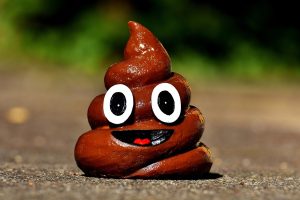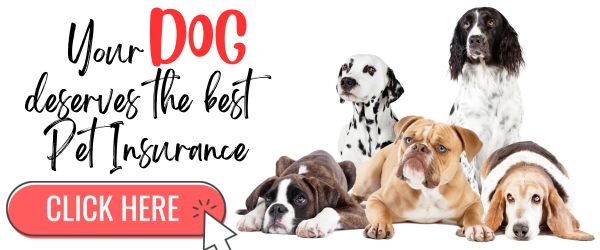
Finding your dog eating its own poop could be a huge, alarming cause of concern. It’s something one could rarely see every day, or if it’s a lot more common, you would wonder why they decide to go for it.
The act of eating feces is known as coprophagia. This is a behavior that is common in many species, but it can create feelings of repulsion in canine caregivers. A dog eating their own feces is putting themselves at risk of various health problems, particularly encouraging the growth of harmful bacteria and introducing parasites into the digestive system. This is not just a behavior we don’t find pleasant; it can have severe consequences on a dog’s wellbeing.
In order to determine the cause of this behavior, it is essential to take into account the age of the dog, the animal’s welfare, the amount of time spent alone, its state of health, and when it ingests feces. If you believe your canine may be engaging in this behavior when you are not present, you can position a camera in an appropriate location to monitor their actions.
There are ten common reasons why dogs consume feces. Puppies frequently eat their own feces as they explore and figure out boundaries. While it may be gross to us, it’s perfectly normal behavior for them. It’s important not to punish them for this behavior, as it usually stops on its own after a while. Scolding them can actually be counterproductive.
Lactating females will often consume the feces of their puppies in order to keep their nesting area clean. This is a perfectly normal behavior and should not be discouraged. However, it is important to keep the area clean for the health of the puppies.
Certain medical conditions can lead dogs to eat their own or other animals’ feces. This may be due to problems with intestinal absorption or exocrine pancreatic insufficiency, among other things. It is important to be vigilant and take your dog to the vet if this behavior is observed, as it may be indicative of a more serious underlying problem.
A lack of attention, affection, and play from their caregivers can lead a dog to ingest feces in order to get our attention, even if they expect punishment for doing so. Dogs should not spend more than six to eight hours alone, as this can lead to behavioral problems such as eating stool. Punishing a dog for defecating in the home or eating feces can make the problem worse, so it is best to avoid using negative reinforcement. Instead, provide your dog with adequate walks, exercise, and stimulation through play.
Anxiety and stress can often lead to various behavioral problems, including coprophagia (dogs eating feces of other animals). It is common for dogs to eat feces from other animals, such as cats, rabbits, rats, and horses. For some animals, the feces of other individuals can be appealing. However, while horse feces typically do not cause digestive issues, cat feces can be harmful due to the potential for transmitting diseases and parasites. Poor hygiene in the home can also lead to a dog eating its own feces if it is particularly clean.
In order to keep their habitat clean, you may need to ask yourself if you are cleaning up after them sufficiently in the home and if they are given opportunities to go outside. There are many problems that can lead to a dog eating feces, so if you can’t identify the cause of this behavior, it may be worth visiting a veterinarian specializing in animal behavior.
Regularly monitoring your dog and keeping their environment clean can help prevent them from eating stools. Enzymatic products can help break down stool so that it is less appealing to your dog.
Teaching your dog to urinate and defecate outside can also help discourage this behavior. Check your dog’s diet to ensure it is nutritious and of good quality and visit your veterinarian to confirm that they are healthy. Take your dog on more walks and engage in more activities with them to improve their wellbeing. It is crucial to deal with the problem without resorting to punishment, so that a negative association is not created.
It is better to remove your dog and clean thoroughly with enzymatic products. Keep the home clean and prevent them from eating feces during walks. Reward them with prizes such as pineapple and zucchini, so that the taste of their own feces is altered, and they stop eating excrement.
There are various ways to enrich the home environment for dogs and prevent coprophagia, such as providing them with toys, classic Kong toy bowls, tethers, and distributing their food throughout the day. This will help satisfy their hunger and make them feel more content.
Even if it’s based on their natural instinct, we should keep in mind to try and introduce healthier habits for our little fur pals.
 wagwagtail "only love can make your dog wag her tail"
wagwagtail "only love can make your dog wag her tail"
